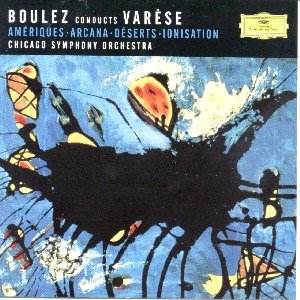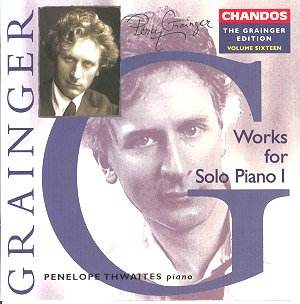 Composer: Anton Bruckner
Composer: Anton Bruckner
Works: Symphony No. 8
Performers: Saarbrücken Radio Symphony Orchestra, Stanislaw Skrowaczewski
Recording: Kongresshalle, Saarbrücken, October 1993
Label: ARTE NOVA 74321 34016 2 (2 CDs)
Anton Bruckner’s Eighth Symphony, completed in 1890, stands as one of the towering achievements of the late Romantic symphonic repertoire. Often overshadowed by the more popular Fourth and Seventh symphonies, the Eighth offers a profound exploration of the symphonic form, characterized by its expansive structure and deep emotional resonance. Bruckner’s unique synthesis of symphonic architecture with an almost religious intensity invites conductors to navigate its complexities with both intellectual rigor and emotional depth. Stanislaw Skrowaczewski’s interpretation, recorded with the Saarbrücken Radio Symphony Orchestra, emerges as a compelling testament to this daunting task, revealing layers of both power and subtlety in a work that demands nothing less.
Skrowaczewski’s performance is notable for its careful pacing, clocking in at a leisurely 82 minutes, which allows for ample breathing room within the symphony’s grand architecture. This deliberate tempo may seem excessive in a landscape where briskness often reigns, yet it serves to highlight the interrelatedness of Bruckner’s thematic material. The conductor’s mastery of Brucknerian punctuation is particularly evident in the Adagio, where the introduction of the veiled string tone at 5’12” is executed with a finesse that belies the weight of the material. The strings’ ethereal quality, combined with Skrowaczewski’s nuanced dynamic control, underscores the movement’s emotional core without lapsing into sentimentality. The climaxes, robustly constructed, resonate powerfully, demonstrating the conductor’s ability to elicit a rich and eloquent sound from the orchestra, which remains responsive throughout.
The engineering quality of this recording also merits examination, as it captures the orchestra’s sonority with clarity and depth. The spatial dynamics of the Kongresshalle are utilized effectively, allowing for a balanced blend of orchestral sections while ensuring that the more delicate passages are equally impactful. This is particularly evident in the finale, where the orchestral texture builds to an exhilarating conclusion. While one might argue that some of the solo passages lack the individual patina characteristic of other great performances—such as those by Karajan or Knappertsbusch—Skrowaczewski compensates with a cohesive ensemble sound that prioritizes the symphonic whole over individual display.
Though this interpretation does not displace the greatest recordings of the Eighth, it stands as a substantial and worthy addition to the discography of Bruckner’s works. Skrowaczewski’s thoughtful approach, coupled with the Saarbrücken Radio Symphony Orchestra’s commendable execution, results in a performance that is both technically sound and deeply engaging. The recording balances the symphonic weight with moments of delicate introspection, capturing the essence of Bruckner’s vision. This performance will undoubtedly appeal to collectors and newcomers alike, offering a richly textured experience that invites repeated listening and reflection.



